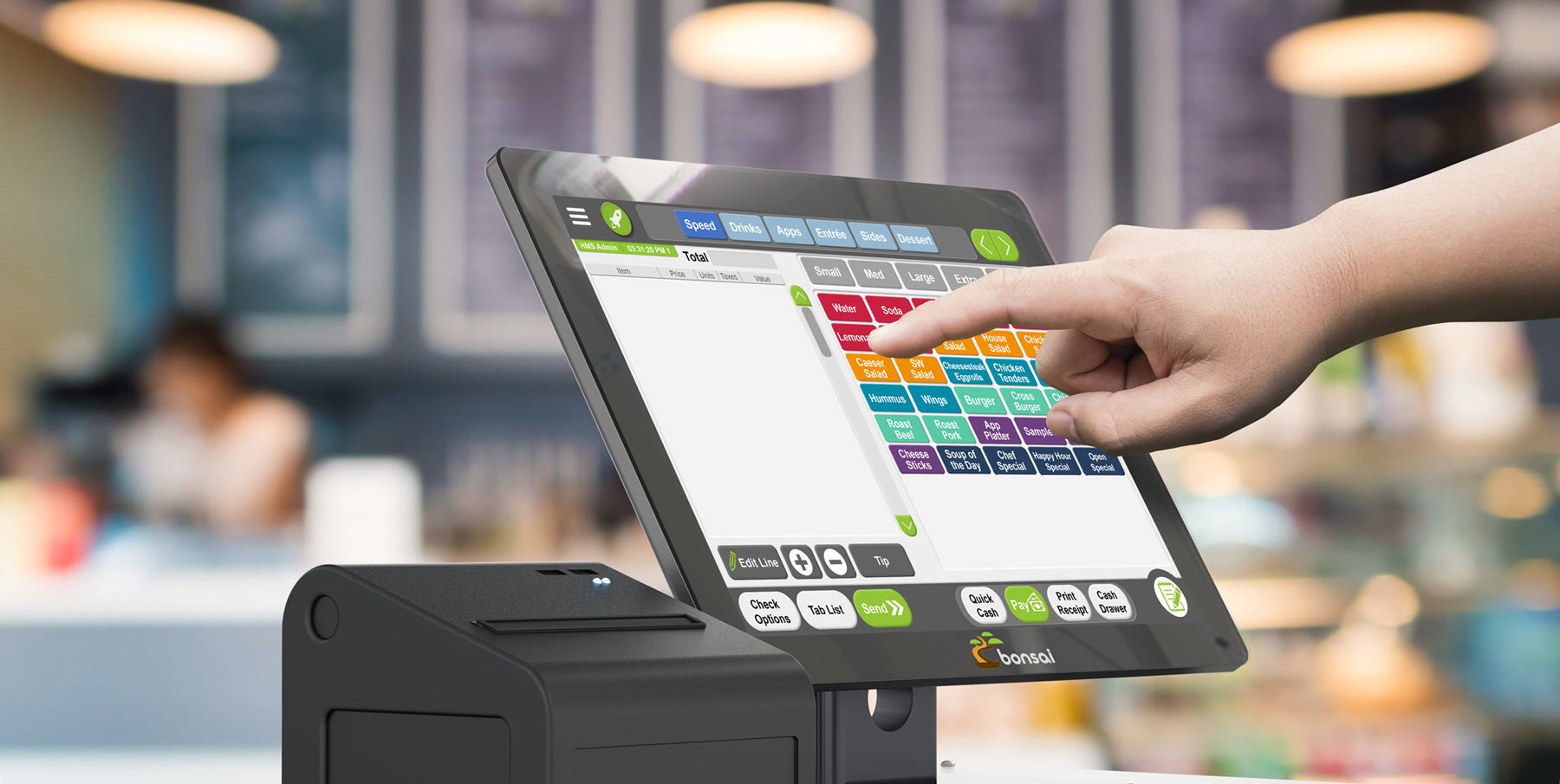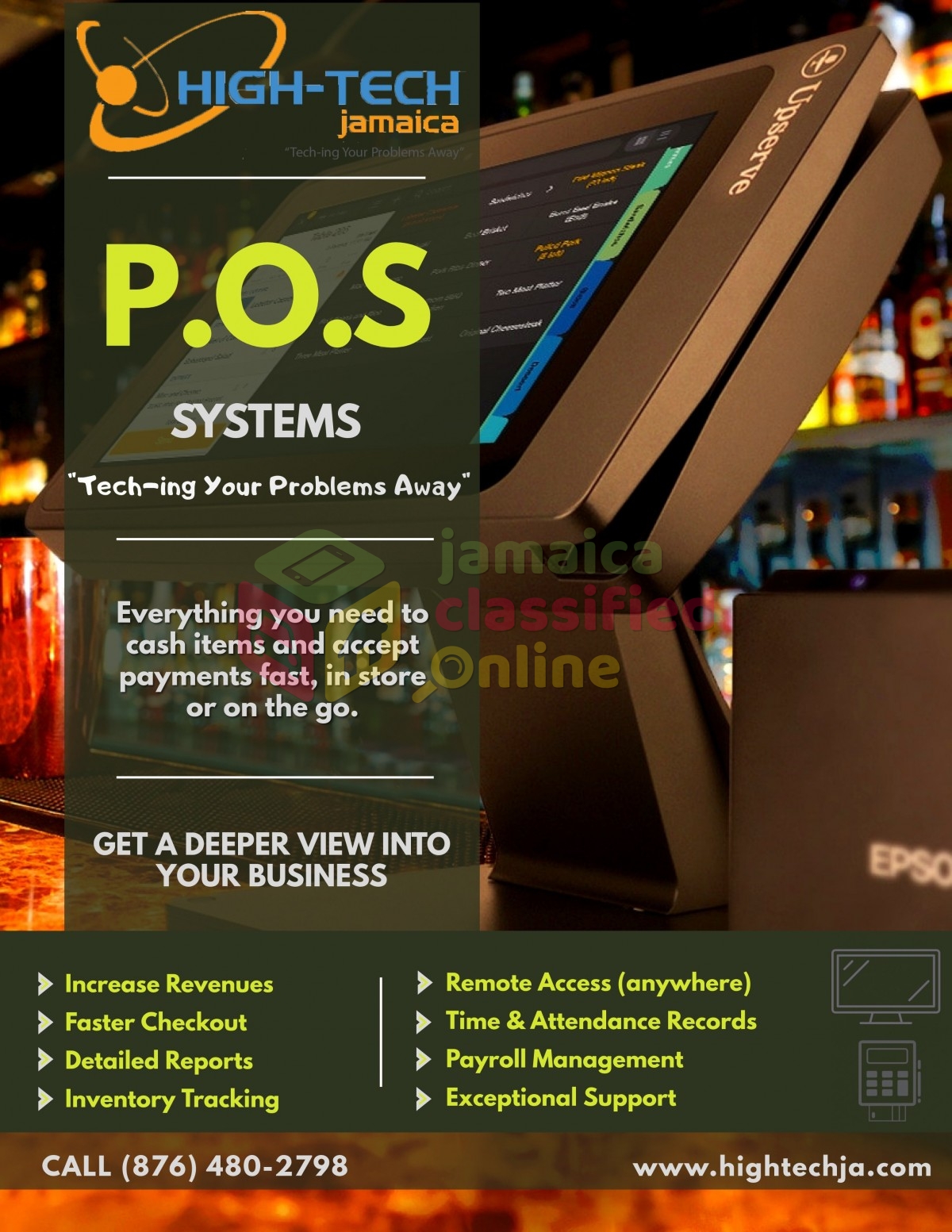
Choosing the right Point of Sale (POS) system is crucial for any business, regardless of size or industry. A well-integrated POS system streamlines operations, boosts efficiency, and ultimately drives profitability. This comprehensive guide will delve into the key aspects of POS systems, helping you navigate the selection process and make an informed decision that aligns with your business needs. We’ll explore the vital features, considerations for different business types, and the potential return on investment associated with adopting a robust POS solution. By the end of this article, you’ll be equipped with the knowledge to confidently choose a system that will significantly improve your bottom line.

Introduction
In today’s competitive business landscape, efficiency and data-driven decision-making are paramount. A Point of Sale (POS) system is no longer a luxury but a necessity for businesses of all sizes. From small cafes to large retail chains, a well-chosen POS system can automate processes, enhance customer experience, and provide valuable insights into sales trends and inventory management. This guide will provide you with the essential information you need to understand the world of POS systems and select the best fit for your unique requirements. Let’s dive in and explore the exciting possibilities!
Frequently Asked Questions (FAQ)
- Q: What is a POS system? A: A Point of Sale (POS) system is a computerized system used to process transactions in retail settings. It integrates hardware (like cash registers, card readers, and barcode scanners) and software to manage sales, track inventory, and generate reports.
- Q: How much does a POS system cost? A: The cost of a POS system varies widely depending on factors such as features, complexity, hardware requirements, and whether you opt for a cloud-based or on-premise solution. Prices can range from a few hundred dollars for basic systems to several thousand dollars for more comprehensive solutions. Many providers offer flexible payment plans.
- Q: Do I need a POS system if I’m a small business? A: Even small businesses can benefit immensely from a POS system. It simplifies transactions, improves accuracy, and offers valuable data insights that can help with inventory management and informed decision-making, ultimately contributing to growth and profitability.
Hardware Components
Choosing the right hardware is crucial for a seamless POS experience. Hardware components are the physical elements of your POS system. Selecting the appropriate hardware will depend on your specific business needs and the scale of your operations. A well-rounded system requires careful consideration of each component’s capabilities and compatibility.
- Point of Sale Terminal: The central processing unit of your system, where transactions are processed. Consider screen size, processor speed, and durability. A touchscreen terminal offers ease of use and intuitive navigation.
- Barcode Scanner: Efficiently scans product barcodes for quick and accurate checkout. Choose a scanner with reliable performance and durability, especially for high-volume businesses. Laser scanners offer long-range scanning capabilities, while imagers can scan virtually any barcode type.
- Receipt Printer: Essential for providing customers with printed receipts. Thermal printers are commonly used for their quiet operation and cost-effectiveness. Ensure the printer is compatible with your POS software and has sufficient paper capacity for peak hours.
- Cash Drawer: Securely stores cash and other forms of payment. Select a cash drawer with enough compartments to organize different denominations of currency and other payment methods. Consider the drawer’s capacity and its compatibility with your POS system.
- Payment Processors: Integrate various payment options such as credit cards, debit cards, and mobile wallets. A reliable payment processor ensures secure and efficient transaction processing. Consider features like EMV chip card support and PCI compliance.
Software Features
The software is the brains of your POS system, controlling its functions and providing crucial data analysis capabilities. Selecting the right software is critical to your business’s success, as it dictates your system’s capabilities and ultimately influences operational efficiency and profitability. Modern POS software offers a plethora of sophisticated features.
- Inventory Management: Track stock levels, automate reordering, and minimize waste. Sophisticated systems offer real-time inventory updates, allowing for proactive management and preventing stockouts.
- Sales Reporting: Gain valuable insights into sales trends, popular products, and peak hours. Comprehensive reporting tools can help identify areas for improvement and inform strategic decision-making.
- Customer Relationship Management (CRM): Collect customer data, personalize interactions, and build loyalty. CRM features allow you to build a valuable customer database for targeted marketing and improved customer service.
- Employee Management: Assign roles, track hours, and manage employee permissions. This feature helps streamline staff management, providing valuable data for payroll and scheduling.
- Loyalty Programs: Reward repeat customers with discounts and exclusive offers. A well-designed loyalty program drives customer retention and repeat business.
- Integrated Payment Processing: Seamlessly process various payment types, ensuring efficient and secure transactions. Secure payment processing is crucial for minimizing fraud and maintaining customer trust.
Cloud-Based vs. On-Premise Systems
The choice between a cloud-based and an on-premise system significantly impacts your POS setup and ongoing maintenance. Both approaches offer advantages and disadvantages, and selecting the appropriate option hinges on your business’s specific needs and technical infrastructure.
- Cloud-Based Systems: Accessed remotely through the internet, offering flexibility and scalability. Cloud-based systems typically require minimal upfront investment and provide automatic updates, reducing maintenance overhead. However, reliable internet access is crucial for operation.
- On-Premise Systems: Installed directly on your business’s local network, offering greater control and data security. On-premise systems require dedicated hardware and IT expertise for maintenance and updates. They are a better fit for businesses prioritizing data security and control, but require larger upfront investment.
- Scalability: Consider your business’s future growth potential. Cloud-based systems often offer more effortless scalability, while on-premise systems may require significant hardware upgrades to accommodate growth.
- Cost: Cloud-based systems often have lower upfront costs but may incur recurring subscription fees. On-premise systems require a higher upfront investment but may have lower long-term costs.
- Data Security: Evaluate the security measures offered by each option. Both cloud and on-premise systems can offer robust security, but the approach and responsibility for security differ.
Choosing the Right POS System for Your Business
Selecting the ideal POS system hinges on a thorough assessment of your unique business requirements. The right system isn’t a one-size-fits-all solution; instead, it demands a meticulous evaluation of your specific operational needs, budget constraints, and technological infrastructure. Several factors must be taken into account for a successful implementation.
- Business Type: Consider the specific needs of your industry, whether it’s retail, restaurant, or hospitality. Different industries have unique requirements and functionalities.
- Business Size: Evaluate the scale of your operation, determining the appropriate system capacity and features needed. Small businesses may need a simpler system, while larger enterprises may require a comprehensive and scalable solution.
- Budget: Determine your budget for the initial investment, ongoing maintenance, and potential upgrades. Different systems come with varying price points, impacting your overall costs.
- Technical Expertise: Assess your in-house IT capabilities and consider whether you’ll need external support for setup and maintenance. Cloud-based systems generally require less technical expertise than on-premise systems.
- Future Scalability: Plan for growth and expansion. Ensure the system can adapt to your future needs and seamlessly integrate new functionalities as your business evolves.
Conclusion
Implementing the correct POS system can be transformative for any business. From streamlining operations and enhancing customer experiences to providing invaluable data-driven insights, the benefits are numerous. By carefully considering the hardware components, software features, deployment options, and your specific business needs, you can confidently select a system that maximizes efficiency, boosts profitability, and sets your business up for sustainable success. Remember to thoroughly research different providers and compare features before making a final decision. Don’t hesitate to seek professional advice if needed – the right POS system is an investment that will pay dividends for years to come.
